This morning (September 16), the Vietnam Federation of Commerce and Industry (VCCI) in collaboration with the Confederation of Danish Industry (DI) organized a workshop on "Green transformation and development of high-quality human resources in manufacturing and renewable energy industries in Vietnam".
At the workshop, VCCI Vice President Vo Tan Thanh said that one of the biggest challenges in the green and sustainable transition process is how to enable Vietnamese human resources to adapt and master new technologies, especially in key areas such as green production and renewable energy.
Manufacturing plants need engineers and workers with knowledge of clean technology and circular production processes. Renewable energy projects need highly skilled operation and maintenance experts. This is the “skill gap” that Vietnam needs to address.
VCCI cited the World Bank's 2023 report, the proportion of green jobs in total employment in Vietnam is currently only about 3.6%, mainly concentrated in the electricity, gas, water supply (23%), mining (5%) and market services (5%). This reflects the large gap between demand and the current status of human resources serving green economic development.

The issue of human resources in the green economy is of concern (Illustration photo).
Also related to this issue, Mr. Nguyen Duy Giang - Deputy General Director of PetroVietnam Power Corporation - JSC (PV Power) - admitted that the green shift of the energy industry is quite common. In the process of mobilizing foreign loans, PV Power received many very high requirements regarding the environment (the letter "E" in ESG - PV).
However, there is no human resource of experts and proper training. Mr. Giang suggested that universities expand training for environmental experts who understand ESG and know English.
Experts attending the workshop all agreed that implementing ESG, aiming for net zero emissions by 2050, is an urgent requirement. However, in the implementation process, businesses cannot avoid difficulties and obstacles and need solutions.
Ms. Nguyen Thi Thanh Thuy - Lecturer at the University of Economics, Vietnam National University, Hanoi , Public Policy Consultant at Unido Vietnam - affirmed that in the process of researching ESG, the most difficult thing is to find a way to specifically measure these criteria. In Europe, the criteria are quite clear, but in Vietnam, it is the opposite.
Another problem is that 97% of small and medium-sized enterprises have difficulty accessing green credit and green finance. In the process of borrowing capital, ESG enterprises cannot get better incentives than normal enterprises.
Therefore, Ms. Thuy proposed that there should be direct consulting mechanisms for businesses; transparency of ESG criteria so that businesses can easily implement and improve their operations; and international connection programs on sustainable development.
From the perspective of an educator, Associate Professor Dr. Hoang Kim Anh - Vice Principal of Saigon University of Technology - recommended that the State should create a legal corridor, support capital and financial resources for technology application activities of enterprises.
Green technology innovation projects need to receive financial support from the State. At the same time, schools, the State and businesses need to work closely together to turn green plans and projects into reality.
Source: https://dantri.com.vn/kinh-doanh/viet-nam-rat-thieu-nhan-luc-cho-san-xat-xanh-va-nang-luong-tai-tao-20250916130727009.htm


![[Photo] Hanoi morning of October 1: Prolonged flooding, people wade to work](https://vphoto.vietnam.vn/thumb/1200x675/vietnam/resource/IMAGE/2025/10/1/189be28938e3493fa26b2938efa2059e)


![[Photo] President of the Cuban National Assembly visits President Ho Chi Minh's Mausoleum](https://vphoto.vietnam.vn/thumb/1200x675/vietnam/resource/IMAGE/2025/10/1/39f1142310fc4dae9e3de4fcc9ac2ed0)

![[Photo] Keep your warehouse safe in all situations](https://vphoto.vietnam.vn/thumb/1200x675/vietnam/resource/IMAGE/2025/10/1/3eb4eceafe68497989865e7faa4e4d0e)
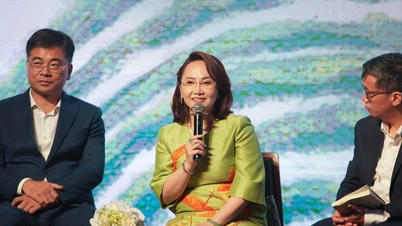



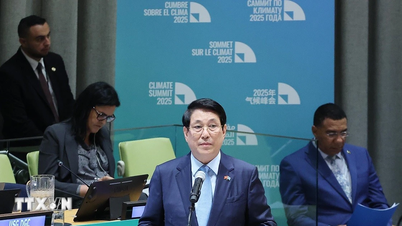


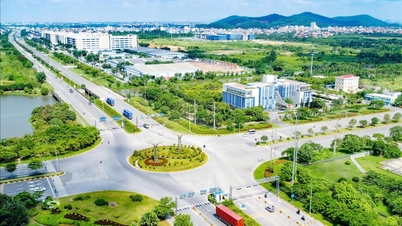


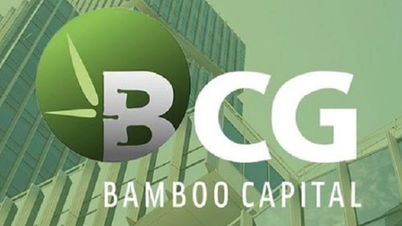

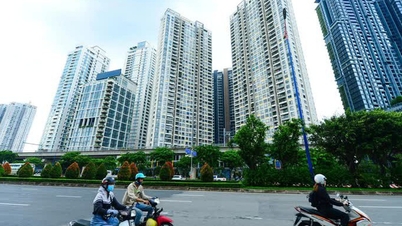

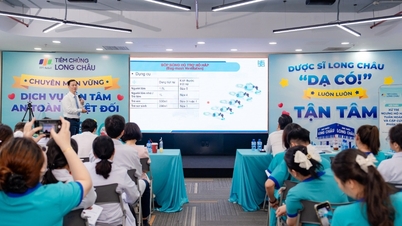
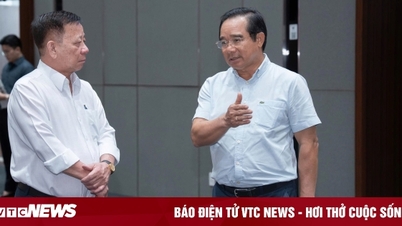

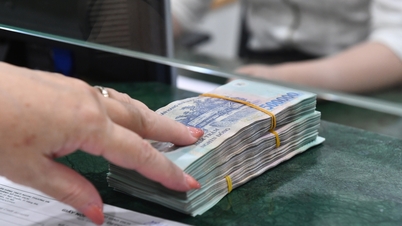







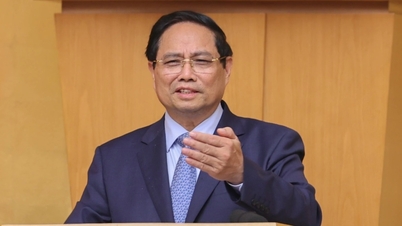
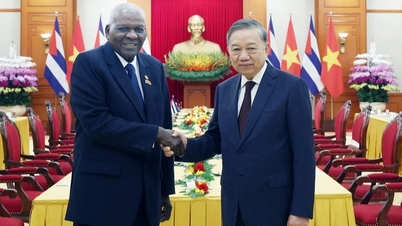
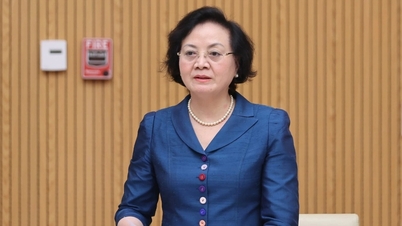






































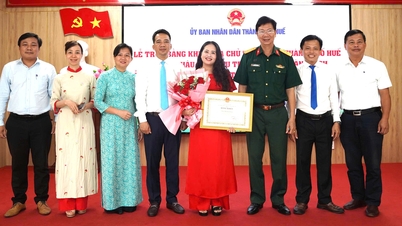

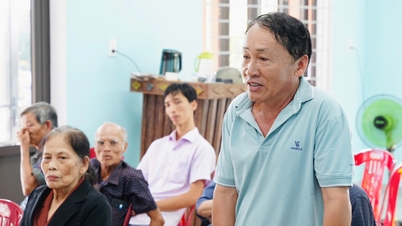




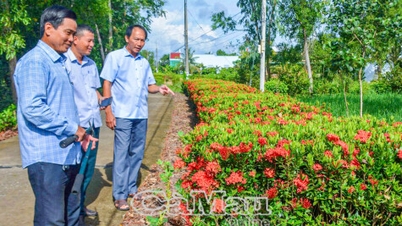

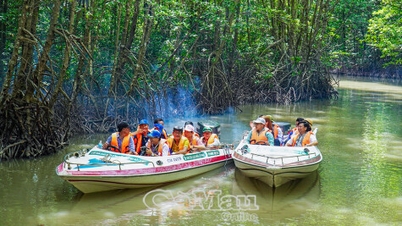














Comment (0)